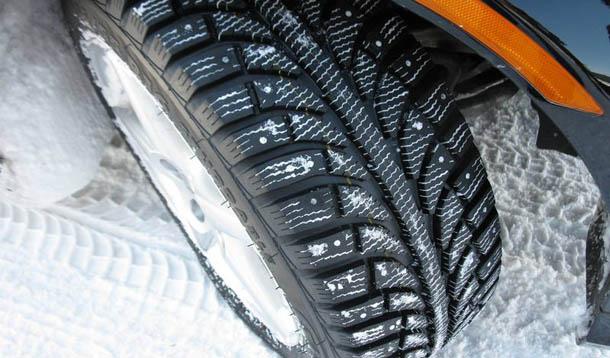The cold weather is upon us and we’ve got TIRES on the brain! Winter driving season is here and you may be considering the same question you ask yourself every year: Should I store my all-season tires and invest in winter tires?
The long and the short of it: YES.
You may not realize that winter tires and all-season tires are actually made of very different rubber compounds. The rubber in all-season tires hardens when the temperature drops below 7 degrees Celsius which results in ineffective traction for the tires. Keep in mind that if your wheels lock up due to insufficient traction, braking and steering are severely compromised. For example, your brakes will be working that much harder to make up for the poor grip from your tires.
Winter tires are made from a compound that will maintain their traction in temperatures that fall as much as -45 degrees Celsius. The result? Shorter stopping distances and more control of your vehicle while driving.
Question: When is it a good time to put on winter tires?
Answer: A good guideline is to put winter tires on when the temperature is consistently low (around 7 degrees Celsius).
Now that you have a sense for how winter tires differ from all-season tires, you’ve probably already figured out why it’s important not to drive with winter tires when the temperature begins to rise above 7 degrees Celsius. The winter tires will deteriorate faster with high temperatures because the softer rubber compound can’t withstand all that heat. This will significantly reduce the winter tires’ service life (premature wear).
Trust me, if you've never driven with winter tires you will definitely notice the difference and not want to go back.
